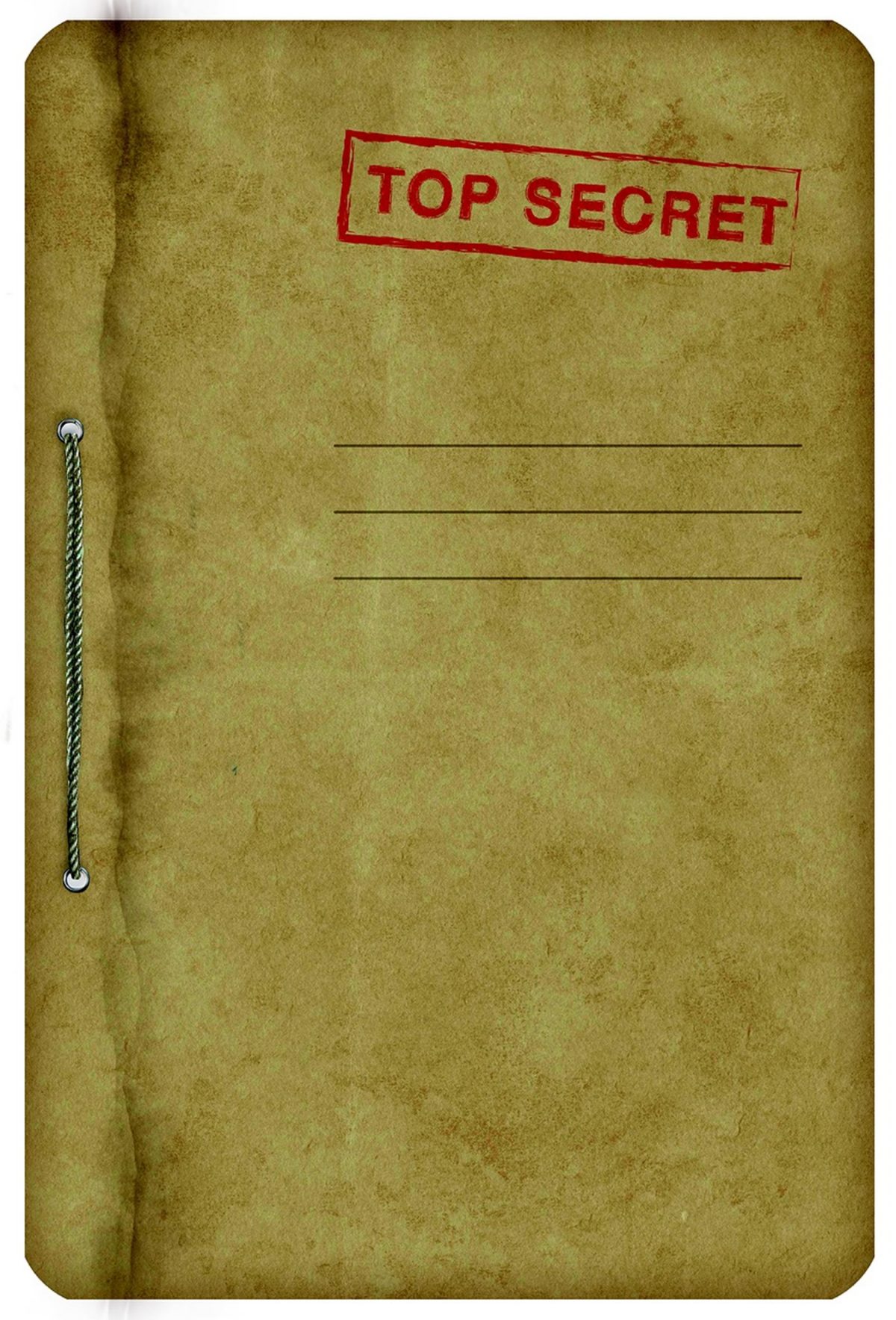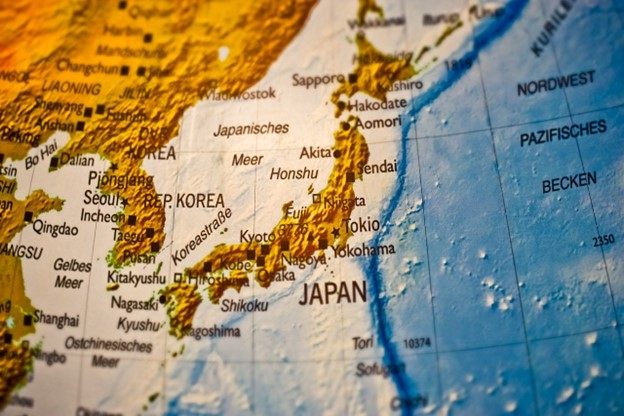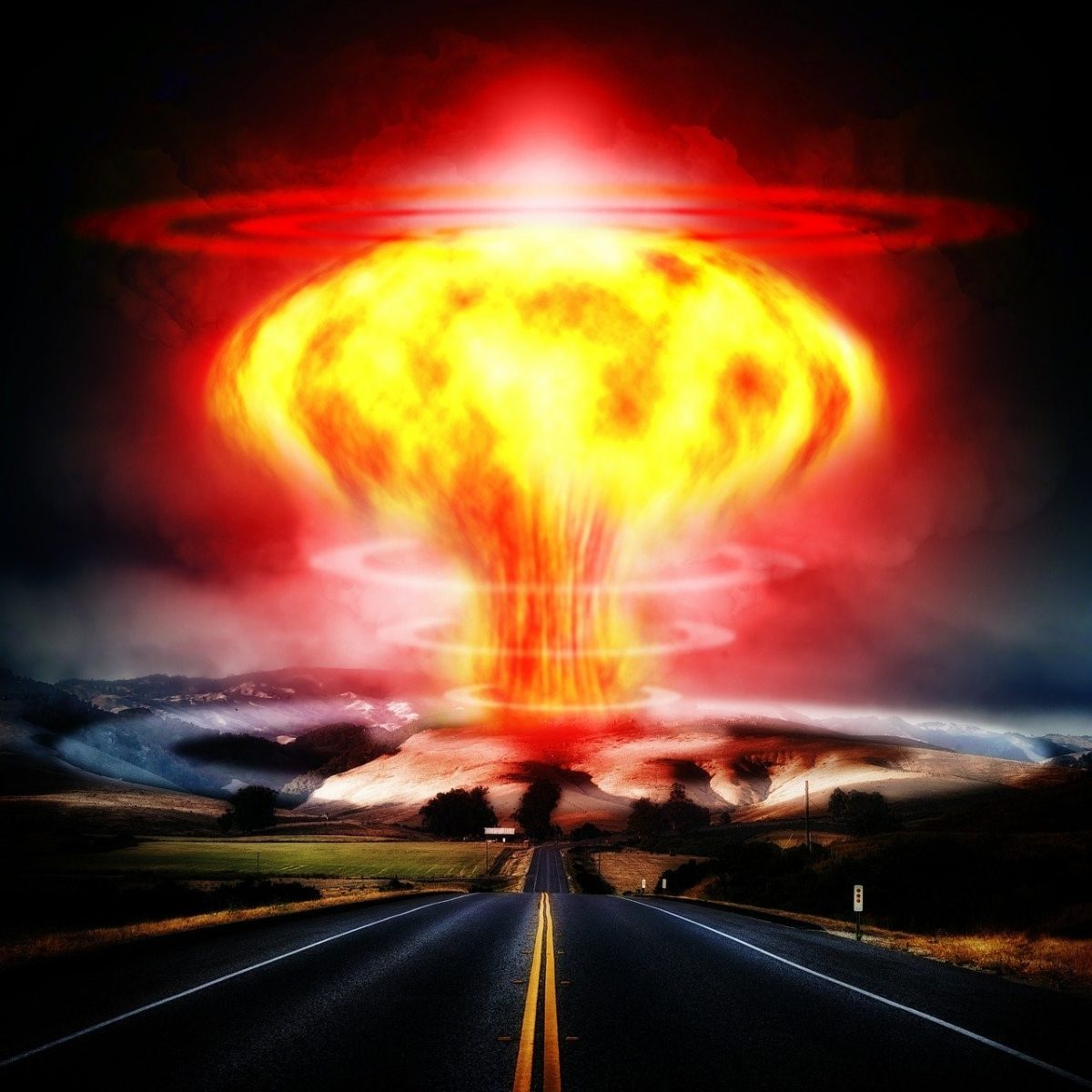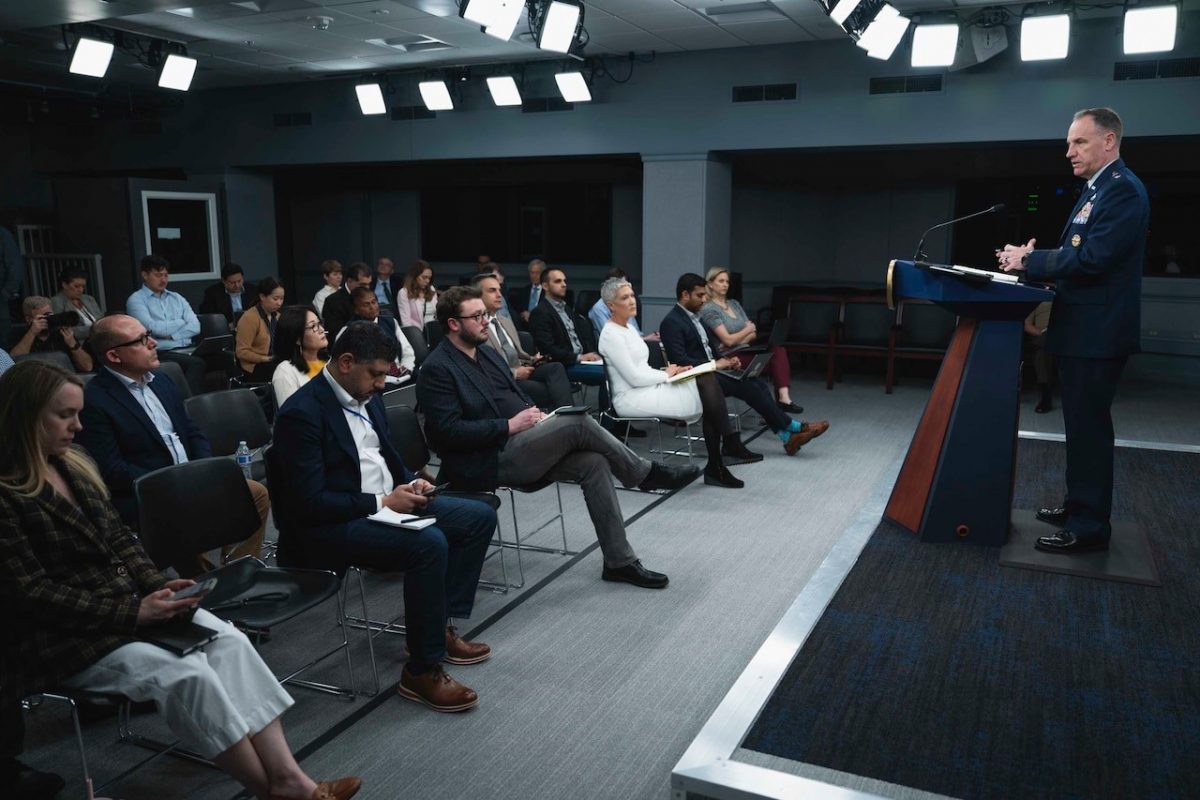To summarize Hur’s additional reasons for not recommending a prosecution of Joe Biden for his retention of classified documents; Hur believes that jurors hearing any such case would believe that Biden may have thought it was no big deal that he had these documents, may not have had these documents in his possession at the time he made the statement admitting to possession of these documents, and may have been referring to other documents, even though Biden and his ghostwriter were discussing Biden’s opposition to Obama’s troop surge in Afghanistan, the subject of those same classified documents.
These reasons, in addition to the “maybe he forgot” defense, all lead Hur to conclude that any prosecution of Joe Biden couldn’t possibly succeed.
These jaw-dropping findings are made even more incredible by the additional evidence of wrong doing discussed in Hur’s Report; “FBI agents recovered from unlocked drawers in the office and basement den of Mr. Biden’s Delaware home a set of notebooks he used as vice president. Evidence shows that he knew the notebooks contained classified information. Mr. Biden wrote down obviously sensitive information discussed during intelligence briefings with President Obama and meetings in the White House Situation Room about matters of national security and military and foreign policy…at least three times Mr. Biden read from classified entries aloud to his ghostwriter nearly verbatim.”
Let us understand these findings; besides the “classified stuff” that Biden told his ghostwriter he’d found in the basement of his Virginia home, Biden also kept notebooks that contained classified information in an unsecured location at his Delaware home, materials that he discussed with his ghostwriter, who did not have any security clearance.
Further, Hur details Biden’s purposeful reasons for retaining these notebooks; “[w]hen Mr. Biden left office, he also knew his staff decided to store notecards containing his classified notes in a Secure Compartmented Information Facility (SCIF) at the National Archives, and he knew his notebooks contained the same type of classified information. As he told his ghostwriter during a recorded interview, the same staff who arranged to secure his classified notecards ‘didn’t even know’ he had retained possession of his classified notebooks. Twice in 2017, Mr. Biden visited the National Archives SCIF to review his classified notecards while writing his book. Yet he kept his notebooks, which also contained classified information, in unlocked drawers at home. He had strong motivations to do so and to ignore the rules for properly handling the classified information in his notebooks. He consulted the notebooks liberally during hours of discussions with his ghostwriter and viewed them as highly private and valued possessions with which he was unwilling to part.”
Despite this evidence for Biden’s willful retention of classified documents while a private citizen, Hur persists in claiming that :”[w]e do not…believe this evidence would meet the government’s burden at trial – particularly the requirement to prove that Mr. Biden intended to do something the law forbids. Consistent with statements Mr. Biden made during our interview of him and arguments made by the White House Counsel and Mr. Biden’s personal counsel, we expect Mr. Biden’s defense at trial would be that he thought his notebooks were his personal property and he was allowed to take them home, even if they contained classified information.”
Let us restate these facts; Joe Biden maintained notebooks in which he kept classified information. Biden knew there was classified information contained in those notebooks, and he conveyed classified information to a person without a security clearance (his ghostwriter) on at least three occasions.
Do these allegations remind you of a recent case involving another public figure? Someone who was prosecuted and convicted of the unauthorized removal and retention of classified materials?
David Petraeus had a very storied career – up to a point. As he is described in a Factual Statement provided by the US Attorney’s Office in 2015, Petraeus “was a United States Army four-star general when he retired from the Army on or about August 31, 2011. From on or about July 4, 2010, to on or about July 18, 2011, (he) served as Commander of the International Security Assistance Force (“ISAF”) in Afghanistan. From on or about September 6, 2011, to on or about November 9, 2012, (he then) served as Director of the Central Intelligence Agency (“CIA”).”
According to the US Attorney’s office, “[d]uring his tenure as Commander of ISAF in Afghanistan, [General Petraeus] maintained bound, five-by-eight-inch notebooks that contained his daily schedule and classified and unclassified notes he took during official meetings, conferences, and briefings. The notebooks had black covers and, for identification purposes, [General Petraeus] taped his business card on the front exterior of each notebook. A total of eight such books (hereinafter the “Black Books”) encompassed the period of [General Petraeus’] ISAF Command and collectively contained classified information regarding the identities of covert officers, war strategy, intelligence capabilities and mechanisms, diplomatic discussions, quotes and deliberative discussions from high-level National Security Council meetings, and…discussions with the President of the United States of America.” These Black Books also “contained national defense information, including Top Secret//SCI and code word information.”
In 2011, after the General’s return from Afghanistan, the Department of Defense (DOD) “historian gathered and organized the classified materials that [General Petraeus] collected during his DOD tenure. [General Petraeus] never provided the Black Books to his DOD historian. Instead, [General Petraeus] personally retained the Black Books.”
General Petraeus than began work with a biographer named Paula Broadwell on his memoirs. “[D]uring a conversation, recorded by his biographer, [General Petraeus] stated that the Black Books were ‘highly classified’ and contained ‘code word’ information: Biographer: By the way, where are your black books? We never went through,.. PETRAEUS: They’re in a rucksack up there somewhere. Biographer: Okay .. . You avoiding that? You gonna look through ’em first? PETRAEUS: Umm, well, they’re really – I mean they are highly classified, some of them. They don’t have it on it, but I mean there’s code word stuff in there.”
Nonetheless, despite their “highly classified” status, General Petraeus eventually let Broadwell, who was the General’s mistress as well as his biographer, have access to these Black Books. Subsequently, according to NPR, “[t]he nature of Petraeus’ relationship with Army reservist Paula Broadwell emerged during an FBI investigation that was sparked by allegations from another woman, Jill Kelley, that she was receiving harassing emails. Those messages were reportedly traced to Broadwell.”
According to the US Attorney’s 2015 Statement of Facts, “[o]n or about October 26, 2012, [General Petraeus] was interviewed by two FBI special agents…[General Petraeus] was advised that the special agents were conducting a criminal investigation. During that interview, the special agents questioned [General Petraeus] about the mishandling of classified information. In response to those questions, [General Petraeus] stated that (a) he had never provided any classified information to his biographer, and (b) he had never facilitated the provision of classified information to his biographer. These statements were false. [General Petraeus] then and there knew that he previously shared the Black Books with his biographer.”
The end for Petraeus came “[o]n or about April 5, 2013, [when] the FBI executed a court-authorized search warrant…and seized the Black Books from an unlocked desk drawer in the first-floor study of the [General’s] Residence.”In April of 2015, “Petraeus was sentenced…to two years of probation and handed a $100,000 fine for the unauthorized removal and retention of classified material.”
In other words, General Petraeus, willfully kept notebooks that contained classified information in his personal possession, in an unsecured location, and shared the information contained in those notebooks with his biographer, who did not have security clearance.
Just how is this conduct different from that of Joe Biden, who basically did the exact same thing?
In a footnote buried in Chapter 13 of his Report, Special Counsel Hur notes that “[t]here are significant similarities between Petraeus’s case and Mr. Biden’s.” However, Hur believes ” the differences are more significant.”
Hur then details these supposed differences. “First, Petraeus’s retention of notebooks violated numerous nondisclosure agreements he signed as an employee of the Department of Defense. By contrast, by virtue of his unique constitutional role as vice president, Mr. Biden signed no such nondisclosure agreements or attestations. Second, Petraeus lied when questioned by FBI agents, telling them he had not provided classified information to his biographer…Mr. Biden’s case began with a proactive self-disclosure, and he has cooperated with the Department of Justice and special counsel by consenting to multiple searches of his personal residence and offices. Third, there was stronger evidence of willfulness in Petraeus’s case, in light of his lies and obfuscations, whereas Mr. Biden has asserted his rightful ownership of his notebooks .”
These differences, according to Hur, justify the fact that “Petraeus was charged only with a misdemeanor,” and President Biden should not be charged with anything.
Other than General Petreaus signing a series of non-disclosure agreements, and lying to the FBI, all other aspects of both cases are similar. Petraeus knew he shouldn’t maintain possession of his Black Books. Biden knew, or had good reason to know, that he should not keep personal control of his notebooks. Petreaus kept his notebooks in an unlocked desk in his residence, an unsecured location; Biden did the same. Petreaus shared the classified information contained in those Black Books with his biographer, who had no security clearance; ditto for Biden.
Clearly, these similarities outweigh the minor differences. But there are some additional differences in the outcome of each case that are not discussed by Robert Hur.
Petreaus is not “a sympathetic, well-meaning, elderly man with a poor memory.” The General did not have a Special Counsel to make excuses for him, arguing that he probably “forgot” that he had these documents after referencing them and describing their specific location, that his Black Books weren’t the documents he was talking about, that these notebooks weren’t even in his residence while he discussed their existence, that he thought he was entitled to maintain these documents in his possession, and keep that information from his staff.
General Petreaus did not have an advocate in the US Attorney’s office who was looking for reasons not to charge him.
But Joe Biden does.
In other words, rather than seek a basis to charge President Biden for the unlawful retention and dissemination of classified information to unauthorized persons, Robert Hur looked for every reason possible not to charge Joe Biden with this, or any other, crime related to his retention and dissemination of classified information.
For this reason, if no other, the Hur Report is nothing more than almost 400 pages of pure whitewash.
Judge John Wilson (ret.) served on the bench in NYC









